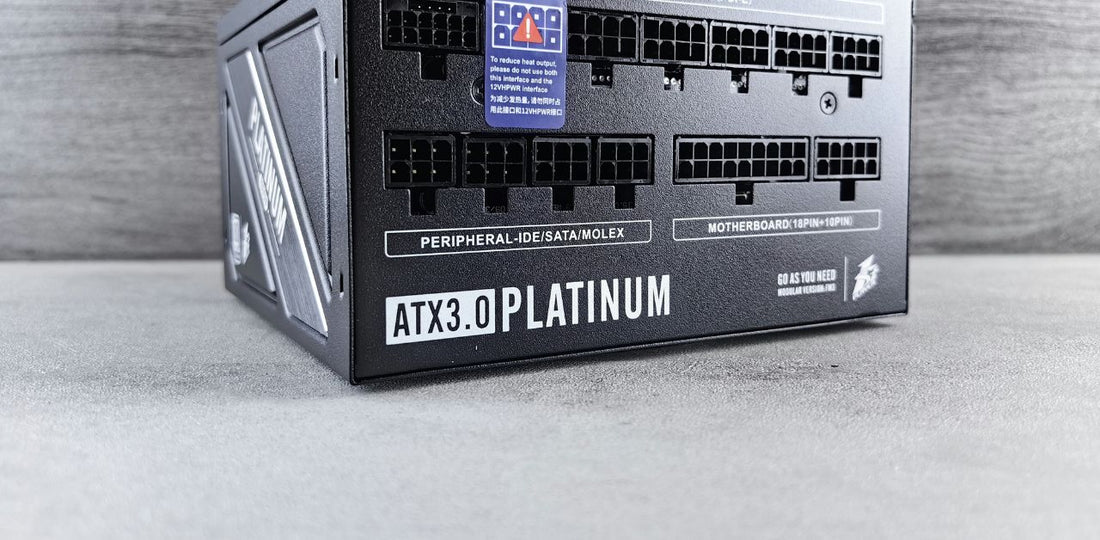Without a solid power supply to power everything, your PC's other fancy components won't matter! Here is a quick guide on how to pick the best power supply.
Power
Ensure the power supply can handle the total power requirements for all parts, including the CPU, GPU, motherboard, RAM, and storage.
It's best to assume that you will upgrade the parts in your PC in the future. You should buy a power supply that has a little bit more watts than what you need.
PCPartPicker's PC build tool or Newegg's Power Supply Calculator will tell you exactly how much power you'll need to output.
Wattage is important, but so is efficiency. A power supply's efficiency rating measures how much DC power it sends to the PC and how much is lost to heat.
Look for a PSU with an 80 PLUS certification (Bronze, Silver, Gold, Platinum, or Titanium).
This ensures the PSU converts AC to DC power efficiently, reducing waste heat and energy consumption.

Design
You want to choose a PSU that fits your case properly. The most common form factors are ATX, Micro-ATX, and Mini-ITX.
Once you choose your form factor, look at the type of cables you'll need. Make sure they're long enough to reach all the components.
You may need to buy separate connectors for different parts - like SATA cables for drives, PCIe cables for graphics cards, etc.
It's important to know if your PSU is modular or non-modular. If your power supply is non-modular, the cables will be soldered to the circuit board.
A semi-modular PSU has some cables attached, and the rest you'll have to plug in yourself.
With a fully modular power supply, the cables don't come attached. This means you only need to plug in what you need. Your build will be cleaner and have better airflow.

Protection
Your power supply needs to have built-in protection features. High output voltage can cause damage to other components in your machine.
Your PSU needs to have something to protect itself. This is where overvoltage protection comes in.
This is the mechanism that shuts down the PSU if the output voltage exceeds the voltage limit.
Next is overload and overcurrent protection.
These are circuits that protect the power supply unit and the computer by shutting down the power supply unit when there is excessive current or power load detected, including short circuit currents.

Wrapping Up
Consider the total wattage and efficiency rating when looking at PSUs. 80 PLUS power supplies are the best bet.
Look at the form factor and type of cables you'll need. Fully modular power supplies are more expensive, but they're a great option.
And whatever PSU you choose, ensure it's a brand with a solid warranty (3-5 years) and good customer support.
Here are some of the most common brands for power supply units:


















